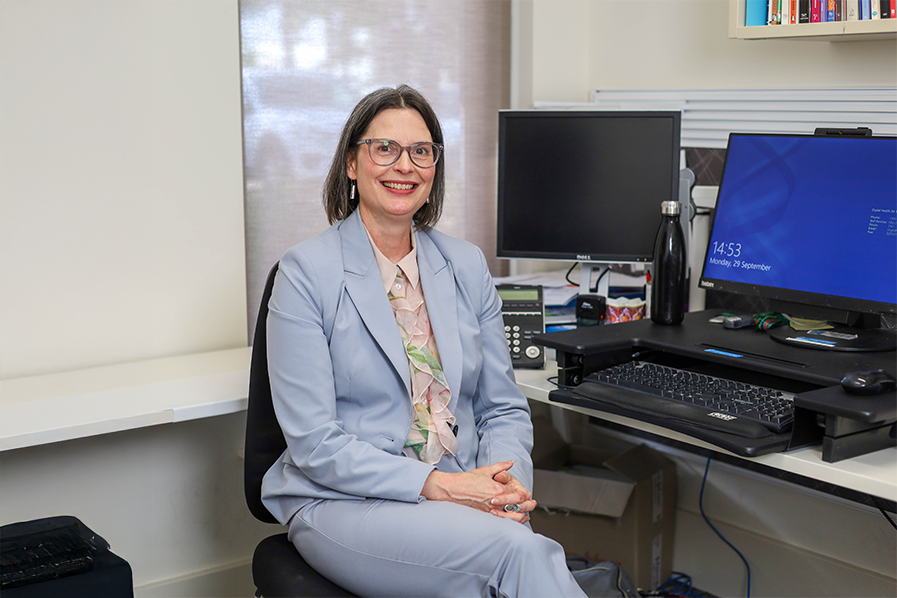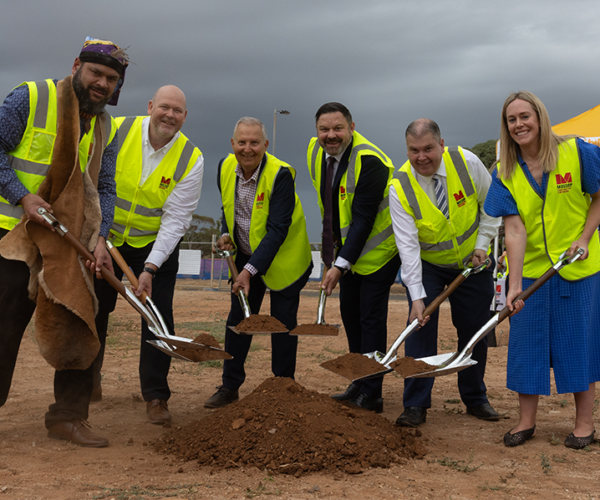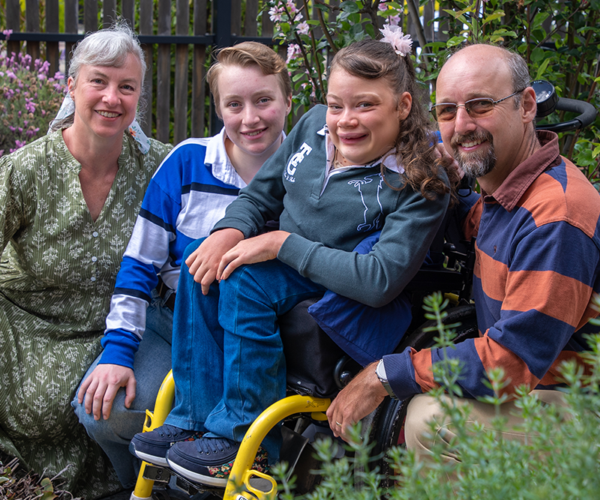Borderline Personality Disorder (BPD) is a serious mental health condition that makes managing emotions incredibly challenging. For mothers with BPD, who often carry their own histories of trauma, this can make it harder to respond to their baby’s needs and build the secure attachment every child relies on for healthy development.
When this bond is disrupted, children face a greater risk of developmental, emotional, and mental health challenges later in life. For mothers, the experience can be overwhelming, often leading to feelings of guilt and failure that make parenting even more difficult.
The Mother-Infant Dialectical Behaviour Therapy (MI-DBT) program, developed by the Women’s and Children’s Health Network (WCHN), is changing lives. This 24-session group program teaches emotional regulation and parenting skills to help mothers strengthen their bond with their babies. Mothers who participate often show incredible determination to give their child the best start in life, and the program has been highly successful in improving mother-infant relationships.
However, demand for MI-DBT far exceeds availability. Families face long waits for a place, and for those in rural or remote areas, the program is often out of reach entirely.
The WCH Foundation is proud to support A/Prof Anne Sved Williams and her team (Dr Rebecca Hill, pictured) in developing a telehealth version of MI-DBT, making it accessible to families no matter where they live.
“The benefit is in the relief of both their distress but also changing the trajectories for those kids so they might go on to have better futures and in turn, not repeat that intergenerational transmission.” – Dr Rebecca Hill
This innovative project will expand access to MI-DBT for mothers in rural and remote communities, reduce wait times for families eager to get help, and train more clinicians to ensure the program can grow and be delivered consistently nationwide. By breaking down barriers to care, this project has the potential to transform the lives of mothers and their children, building stronger, healthier families.
Find out more about the research we support, here.




